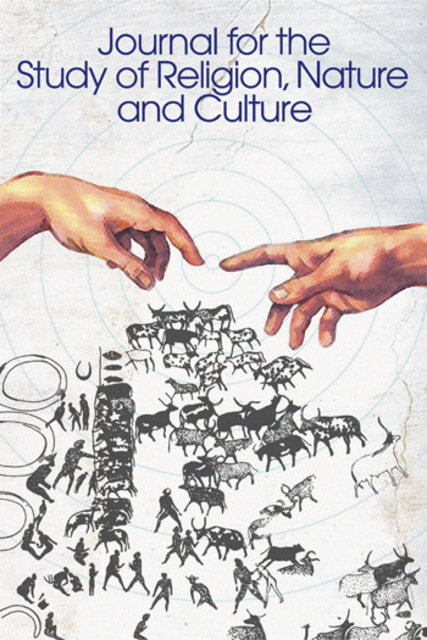The Last Biped Standing? Climate Change and Evolutionary Exceptionalism at the Smithsonian Hall of Human Origins

Full description
The David H. Koch Hall of Human Origins, housed at the Smithsonian National Museum of Natural History, is one of the most visited science exhibits in the world, but it has sparked controversy since its opening. Critics have worried that ties to Koch Industries have distorted the exhibition's presentation of evolutionary and climate science, but few have undertaken a detailed analysis of these and other influences on the exhibition. I argue that the evolutionary story presented at the Hall constitutes a problematic form of Anthropocene advocacy that minimizes climate concerns. The evolutionary narrative is woven together from a peculiar and somewhat dubious mix of scientific, religious, and metaphysical investments that, taken together, bolster claims of human exceptionalism and species unity, and encourage complacency about our present climate crisis. The Hall of Human Origins advances a religiously inflected notion of what it means to be human that naturalizes climate change as a reservoir of human creativity, intelligence, and innovation, and that sets our species apart from the natural world, even as it seeks to place humans within evolutionary history and deep time.
- typeImage
- created on
- file formatjpeg
- file size107 KB
- container titleJournal for the Study of Religion, Nature and Culture
- creatorLisa H. Sideris
- issnISSN: 1749-4915 (online)
- issue13.4
- publisherEquinox Publishing Ltd.
- publisher placeSheffield, United Kingdom
- doi
We use cookies to analyze our traffic. Please decide if you are willing to accept cookies from our website. You can change this setting anytime in Privacy Settings.
